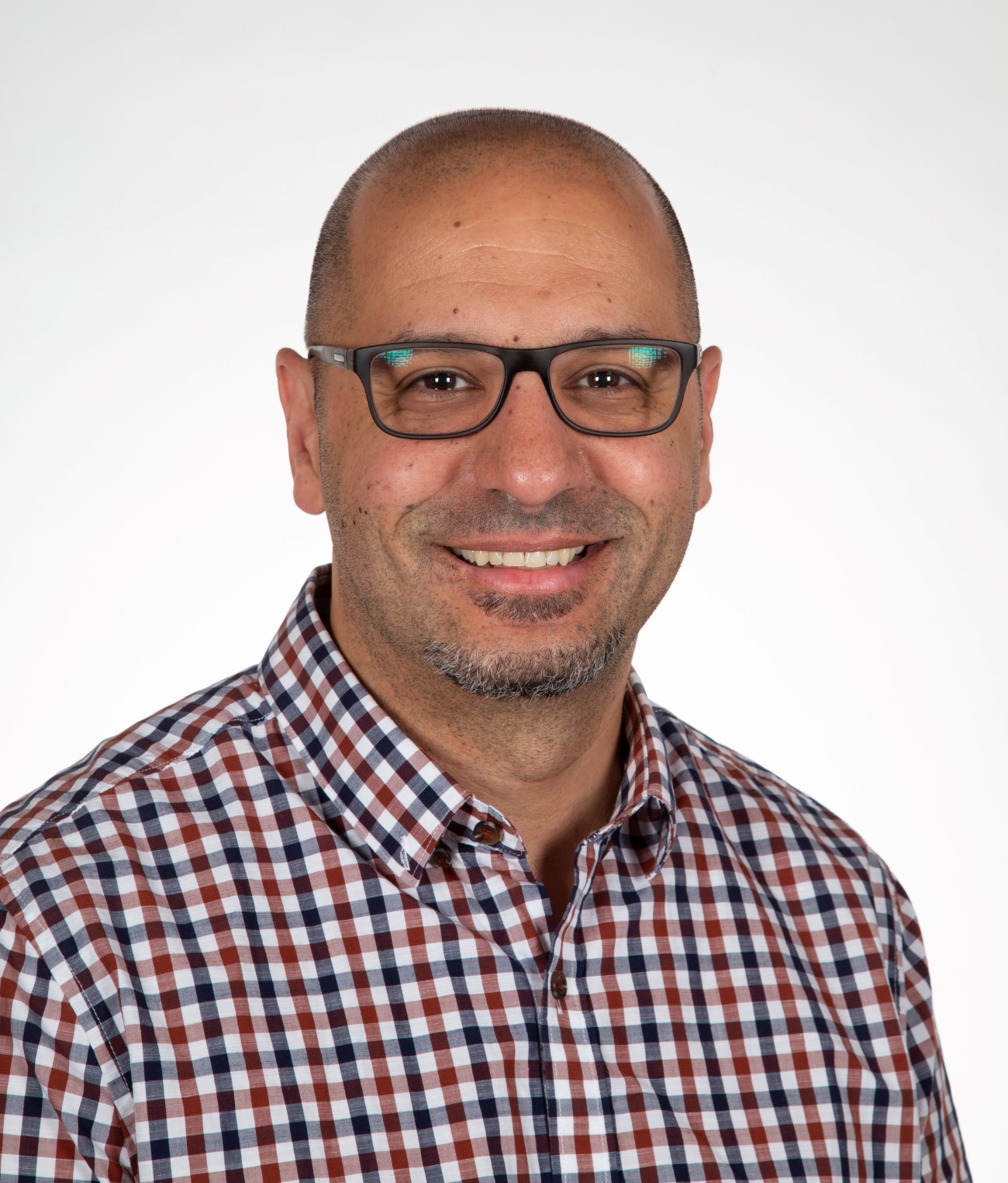SEMINAR ; Dr Samer HUSSEIN - Long non-coding RNAs in pluripotency, development and disease
-
Le 16 July 2024
IRS-UN,
Quai Moncousu, Nantes
Amphi Denis Escande,false false -
On July 16th 2024 at 11 am,
Dr Samer HUSSEIN Université Laval, Quebec Invited by Laurent DAVID Title : “Long non-coding RNAs in pluripotency, development and disease”.
"Well-regulated gene expression networks are responsible for establishing and maintaining cellular states during development. Of the early cell states present in development, pluripotency is the cellular state that has the potential to derive all cell lineages of the embryo. Mutations in genes associated with pluripotency often lead to abnormal development and embryo lethality, but much of the focus relating to these genes has been on protein-coding genes. However, the last decade has seen the rise of long non-coding RNAs (lncRNAs) as novel players in the control of pluripotency, development, and several diseases including cancer and neurological disorders. As such, our major goal is to understand the molecular mechanisms and functional interactions of lncRNAs in modulating cellular states. In this talk, I will focus a novel lncRNA, that we named Tapir. It is expressed very early during development, in the 2-cell and 4-cell stages, in the inner cell mass, and in stem cells of the neuroepithelium and the myeloid lineages. I will discuss how this lncRNA interacts with mRNAs to influence splicing, gene expression, and ultimately cell fate by regulating stem cell maintenance.”
Bio :
Dr. Samer Hussein is an associate professor and researcher at Université Laval and its affiliated Cancer Research Center. Dr. Hussein completed his Ph.D. in Neurological Sciences at McGill University, Montréal, Canada, and his post-doctoral training at the University of Helsinki, Finland, and later at the Lunenfeld-Tanenbaum Research Institute in Toronto, Canada. He has published seminal work in the field of reprogramming demonstrating several key findings on how reprogramming to induced pluripotent stem cells (iPSCs) affects the chromatin state, genetic stability, and gene expression of cells undergoing this process of induced cell fate change.
His team now focuses on understanding the molecular underpinnings governing cell fate decision during embryonic stem cell (ESC) differentiation and during the evolution of cancer. They use several bioinformatics and sequencing approaches, such as long read RNA sequencing, and ESC differentiation models, such as human cerebral organoids, to understand the molecular mechanisms and functional interactions of long non-coding RNAs during development and cancer.




